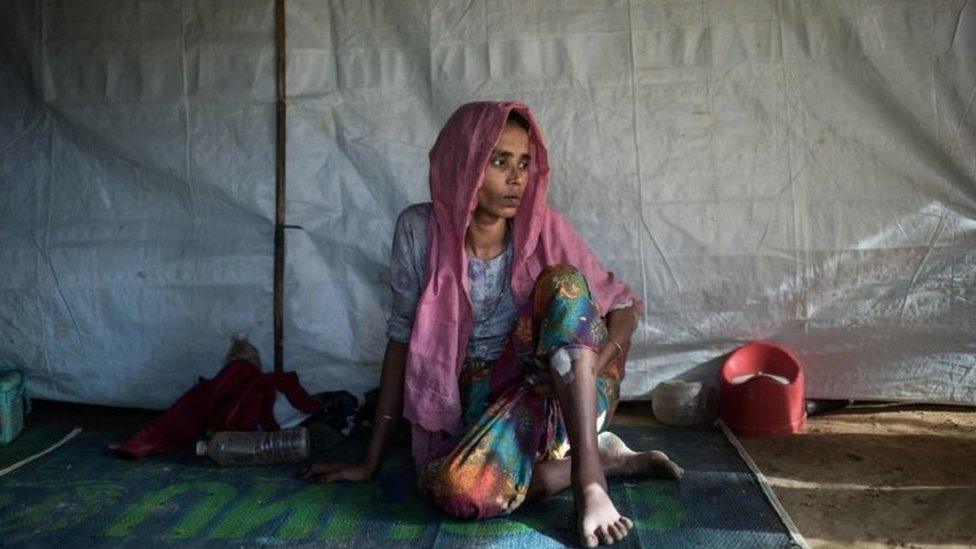Myanmar bars UN probe as mass grave found in Rakhine
- Published
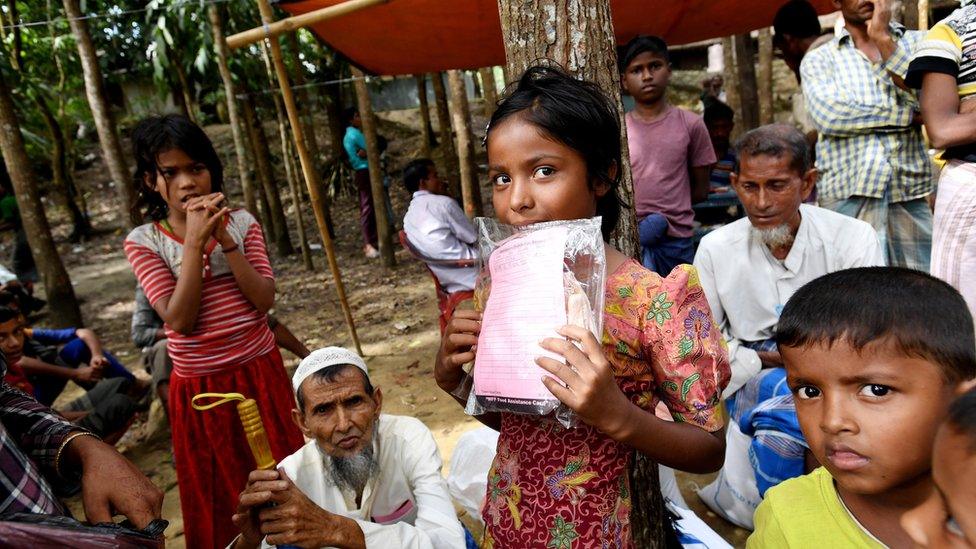
About 650,000 Rohingya have been forced to flee their homes
The UN's investigator into human rights in Myanmar has been barred from entering the country.
Yanghee Lee had been due to visit in January to review Myanmar's human rights, including alleged attacks on Rohingya Muslims in Rakhine state.
The government said it had banned her because she was "not impartial and objective while conducting her work".
Ms Lee said the decision to block her suggested "something terribly awful" was happening in Rakhine.
On Tuesday, Myanmar's authorities said they found 10 bodies in a mass grave in a village there.
Ms Lee last visited Myanmar in July, external, where she raised concerns over the treatment of Rohingya Muslims in Rakhine.
Violence erupted in the state in August, after Rohingya Arsa militants attacked police posts and the army responded with a military crackdown.
Since then, more than 650,000 Rohingya - about two thirds of the entire population - have fled to Bangladesh.
Aid group Médecins Sans Frontières estimates at least 6,700 Rohingya were killed between 25 August and 24 September, while the UN has said the actions of state forces in Myanmar against Rohingya could potentially be classed as an act of genocide.
Ms Lee told the BBC she was "very saddened" by the decision to block her.
"There was so much hope that Myanmar would become free and democratic," she said, adding that she was disappointed that all human rights monitors had been denied access to the country.
"I sincerely hope that the government will reconsider their decision for my visit because it would be such a pity and shameful for Myanmar to choose to go down this pathway."
Regional government secretary Tin Maung Swe told BBC Burmese that Ms Lee had "done great danger to Myanmar", and said her Rakhine report was "biased, misleading and one-sided".
The government would "continue co-operation with the United Nations, but we don't accept her personally", he added.
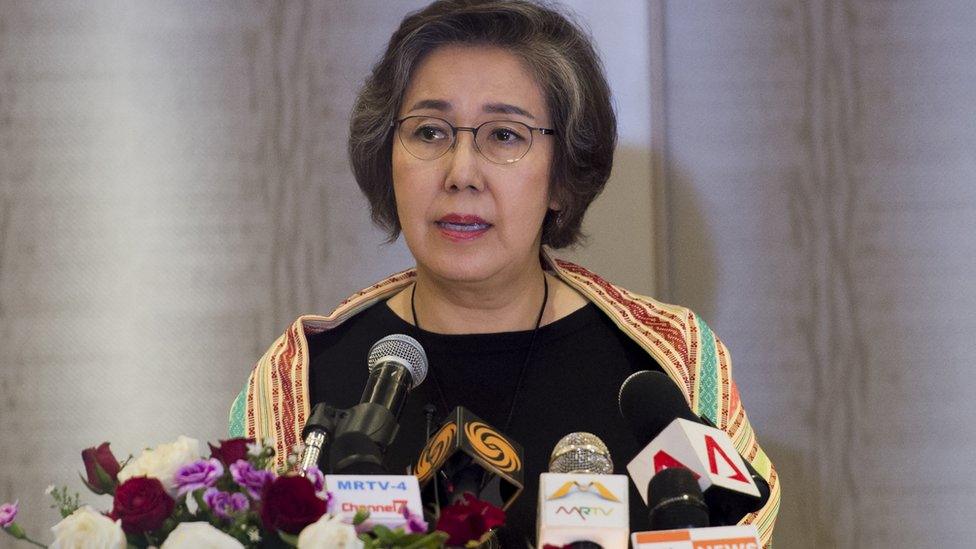
Yanghee Lee has visited Myanmar six times as the UN's human rights investigator
Meanwhile, Myanmar's military is investigating after 10 skeletons were found in a mass grave in Inn Din village near Maungdaw - one of the areas most affected by the recent violence.
The army released photos of the grave on Facebook and said it would investigate "the truth behind the grave", promising that security members would be held responsible if they were involved.
Sources told AFP and Irrawaddy newspaper that the killings could have happened up to a year ago and it was not clear who the bodies belonged to.
Last week, two Reuters reporters Wa Lone and Kyaw Soe Oo were detained in Myanmar.
Police say they are investigating whether the duo violated the Official Secrets Act.
Media reports say the journalists had been given photos and documents from residents in Inn Din, the village where the mass grave was found.
Government spokesman Zaw Htay said the investigation against Wa Lone and Kyaw Soe Oo was "almost done" and they would be be able to meet a lawyer and their families afterwards.
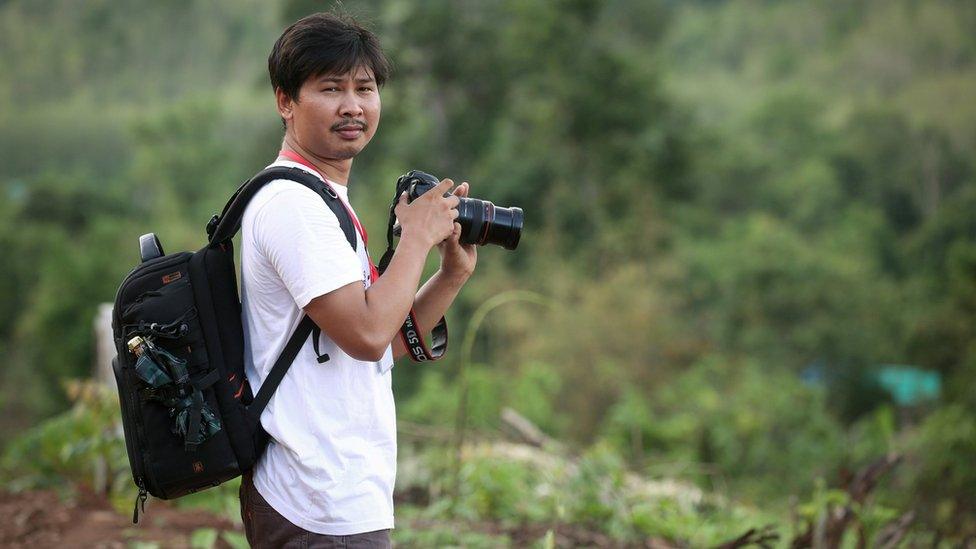
Wa Lone's wife described him as an impartial journalist who always prioritised his work
Officials from the US, UK, EU and other countries have called the detentions an attack on media freedom and demanded their release.
Wa Lone's wife, Pan Ei Mon, told BBC Burmese she was worried and saddened by his arrest.
She said he had a passion for journalism, adding "his job is his first priority... he doesn't take sides when writing stories".
- Published18 December 2017
- Published23 January 2020
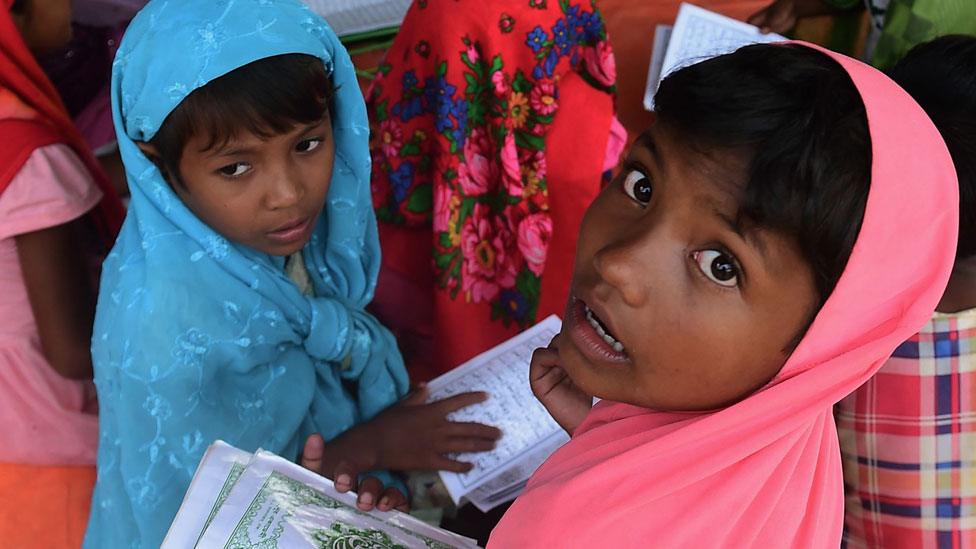
- Published11 October 2017
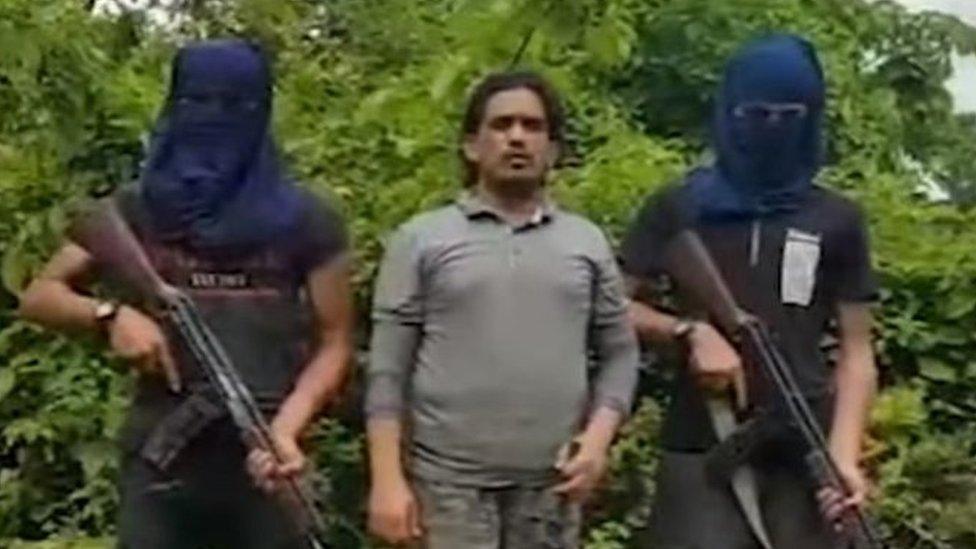
- Published6 September 2017
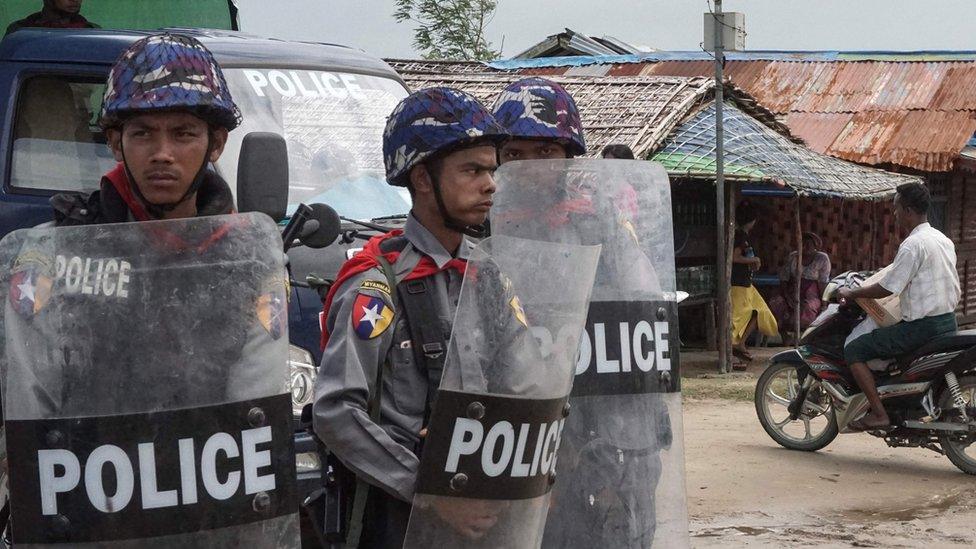
- Published25 September 2017
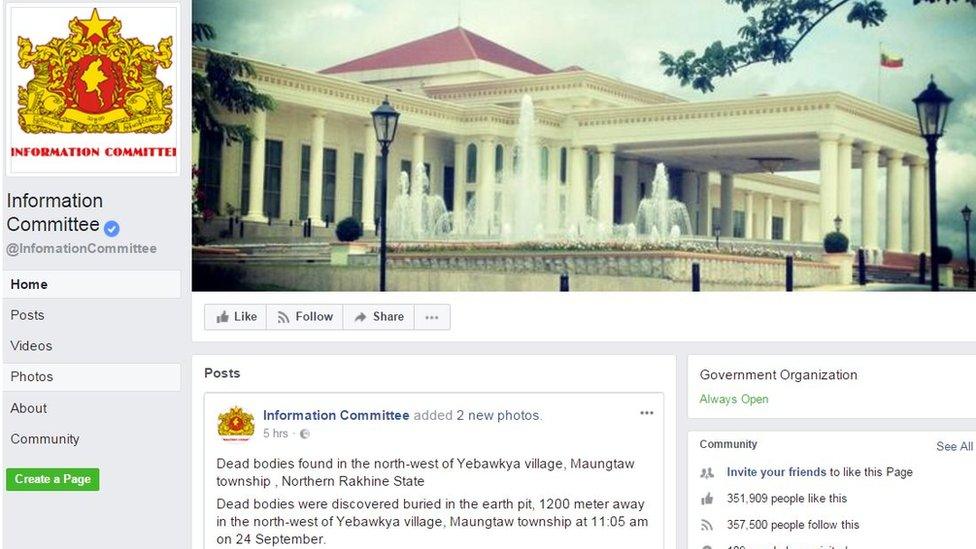
- Published5 December 2017
